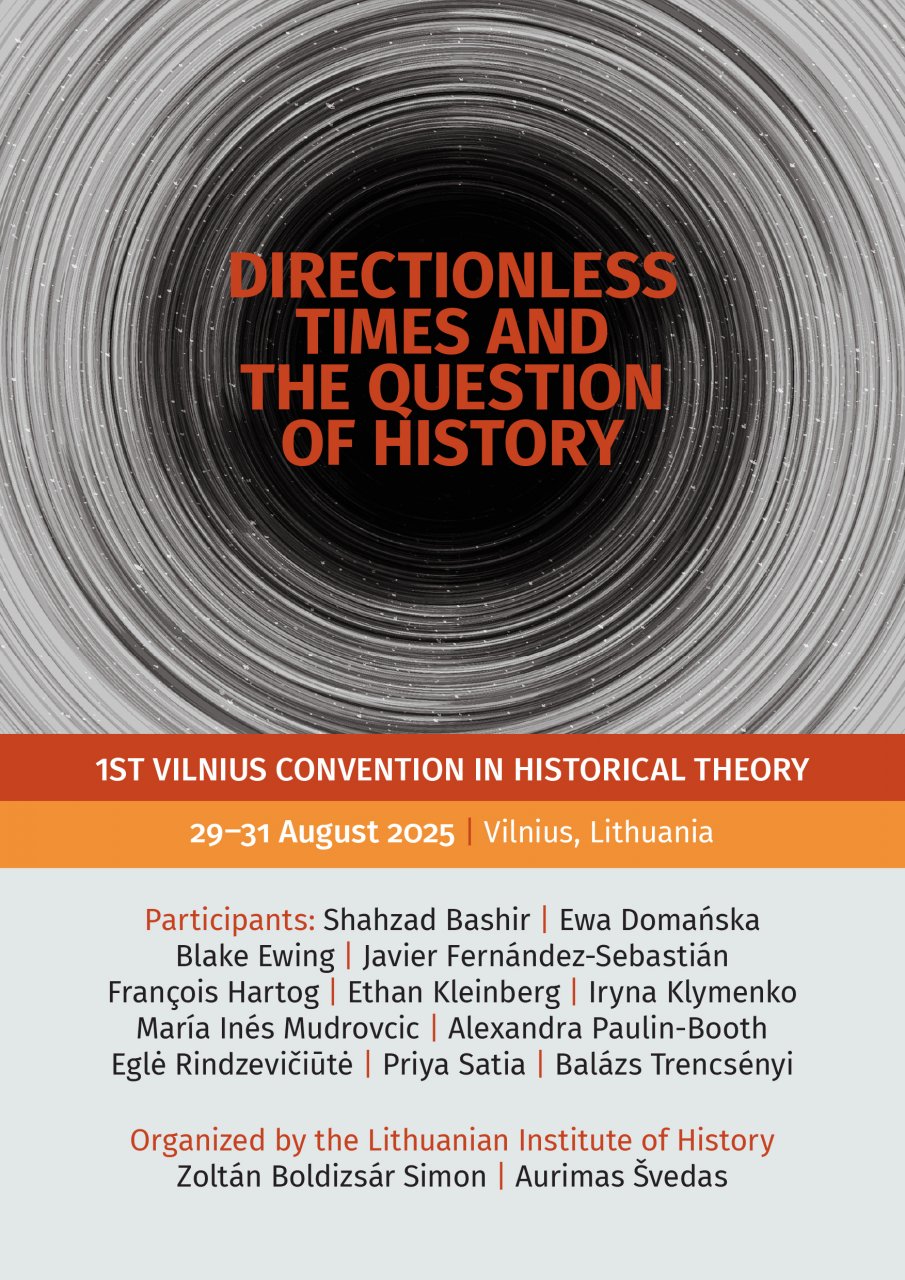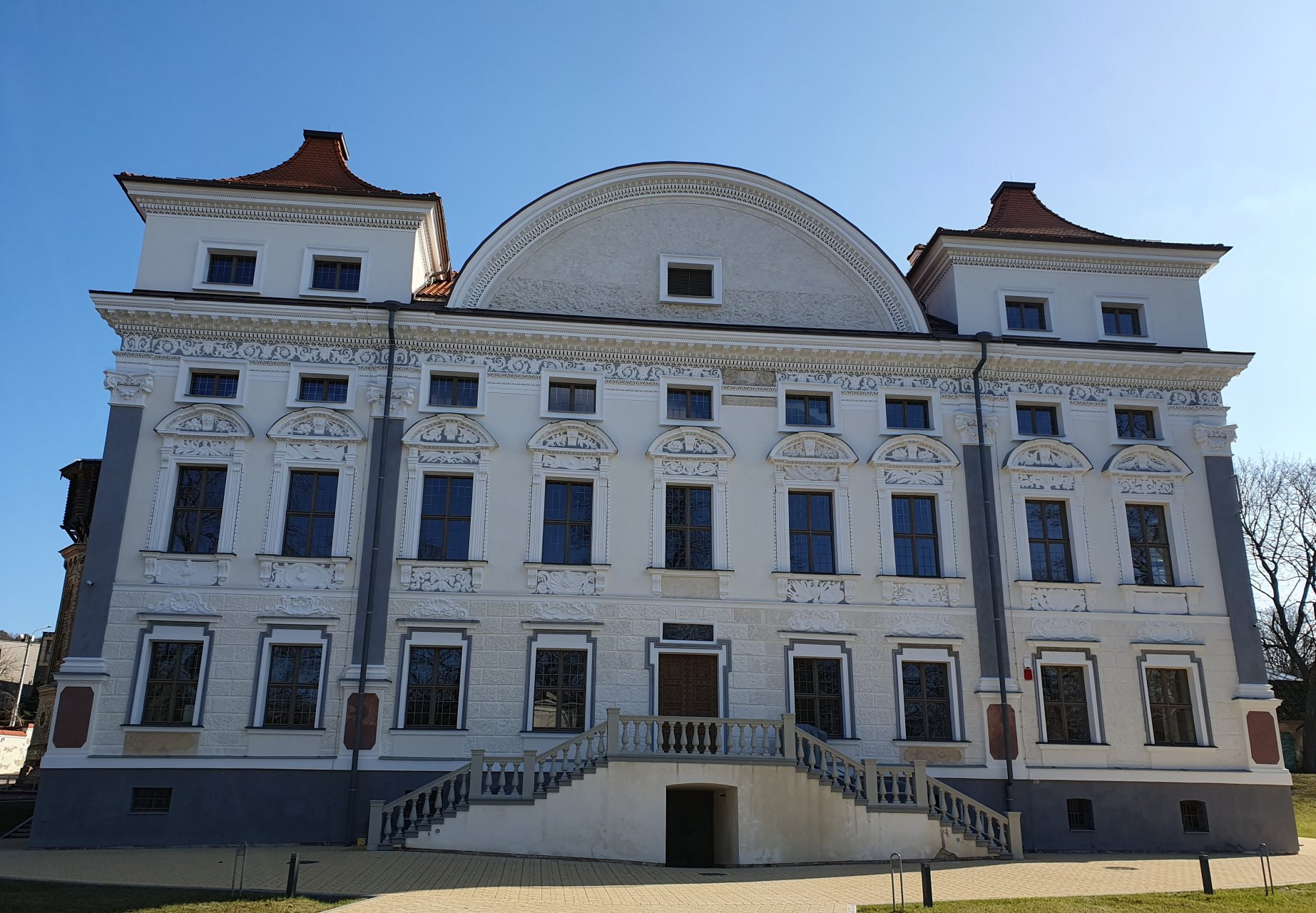
"I felt something had gone awry in the clockworks of time” - said writer Georgi Gospodinov in explaining why he decided to write Time Shelter (2022) the winner of the International Booker Prize in 2023. The novel is about the desire to return to a “safe and happy past” of which Europe and the world seems to have lost sight.
Why do present societies feel that something has gone awry in the clockworks of time? The question is not new for historical theorists, cultural historians, and time anthropologists. Yet, unlike, Gospodinov’s novel, studies of (historical) time tend to focus less on the nostalgic longing for idealized pasts in troubled times. If one scratches the surface of idealized depictions, what comes to light are pasts that appear no less troubled than the present. From the colonial legacies in the West and the Global South to the ghosts of communism and Eastern versions of imperialism, the past does not necessarily appear that “safe and happy” to shelter the present from its troubles. And when one looks ahead, nothing really seems happier either. Prospects of ecological and socio-environmental collapse and technological dystopias dominate Western perceptions of the future, while, in East-Central Europe, the biggest challenge is the return of the past. In Prague, Warsaw, Tallinn, Riga, and Vilnius, the threat of the return of the past can be felt physically. The source of this fear is the transformation of the Russian Federation into a totalitarian state, the war it has launched against Ukraine, and the constant talk from Moscow about “restoring the empire.” Emphatically put, while Los Angeles residents are battling deadly fires caused by global warming and Manila sinks into the ocean, and Vilnius residents are preparing for “Day X.”
As contemporary societies – in the East and West of Europe and in the Global South and North alike – experience their presents as unstable, unsettling, and perilous, escaping those presents becomes an imperative. However, as both pasts and futures seem equally troubled, unsettling, and perilous, there is no desirable historical trajectory and no plausible conception of history that could provide orientation in time. Should societies settle with presentism or fight it (Hartog 2015)? Should they stay with the trouble (Haraway 2016), find “time shelters” in idealized pasts (Gospodinov 2023), righting past and present wrongs by mobilizing history against itself (Satia 2020), or should they acknowledge “future-disorientation” and the anticipated leaps of “unprecedented change” into unfathomable futures (Simon 2019)? Is there anything societies should do in the first place in directionless times? And, most importantly, what conception of history would be able to account for all these equally compelling and yet conflicting imperatives?
The 1st Vilnius Convention in Historical Theory aims to bring together 12 scholars to discuss these questions from 29 to 31 August 2025 in the city of Vilnius, Lithuania. Two of the three days of the event are reserved for exploring what scholars from East to West and South to North might say to one another and learn from another about the convention’s central theme in a setting of academic exchange, while the third day is reserved for cultural activities and exchange.
The Convention will be the first of its kind. It is planned to take place each August/September in Vilnius, organized around a yearly theme to be discussed by 12 yearly rotating participants.
|
References
Gospodinov, Georgi. Time Shelter (Hachette, 2022).
Haraway, Donna J. Staying with the Trouble: Making Kin in the Chthulucene (Durham: Duke University Press, 2016).
Hartog, François. Regimes of Historicity: Presentism and Experiences of Time, trans. Saskia Brown (New York: Columbia University Press, 2015).
Satia, Priya. Time’s Monster: How History Makes History (Cambridge, MA: The Belknap Press of Harvard University Press, 2020).
Simon, Zoltán Boldizsár. History in Times of Unprecedented Change: A Theory for the 21st Century (London: Bloomsbury, 2019).
|
Conference programme
29-31 August 2025, The Sapieha palace, Vilnius
29 August 2025
09:30 – 10:00 Opening
Introduction and welcome by the organizers
Zoltán Boldizsár Simon & Aurimas Švedas
10:00 – 12:00 Session 1
Ethan Kleinberg Wesleyan University (USA)
The Vortex, the Constellation, and the Compass: History through Temporal Anarchy
María Inés Mudrovcic IPEHCS-CONICET-National University of Comahue-FAPESP (Argentina)
From Time-as-Noun to Time-as-Relation: A Shift in Metaphors, or in Ontology?
Lunch
13:30 – 15:30 Session 2
Iryna Klymenko Max Weber Forschungstelle, Lviv (Ukrain) & LMU Munich (Germany)
Beyond “Eastern Europe”? Rethinking European History in Times of Unfinished Pasts
Balázs Trencsényi Central European University (Austria & Hungary)
The Politics of Synchronism and East Central European Political Modernity
Coffee break
16:00 – 18:00 Session 3
Shahzad Bashir Aga Khan University (UK) & Brown University (USA)
Time as a Cultivated Garden: Thinking with a Motif in Persian Historiography
Javier Fernández-Sebastián University of the Basque Country, Bilbao (Spain)
Directionless Times and other Metaphors in an Age of Uncertainty
30 August 2025
10:00 – 12:00 Session 4
Alexandra Paulin-Booth Free University of Berlin (Germany)
About Time: Political Temporalities and Contested Futures Between ‘Left’ and ‘Right’
Eglė Rindzevičiūtė Kingston University, London (UK)
Orchestrating the Future: Towards the Intellectual and Transnational History of Scientific Prediction
Lunch
13:30 – 15:30 Session 5
Priya Satia Stanford University (USA)
The Moral Hazard of Linear Time, Or, Recovery of Connection as Historical Means and End
Blake Ewing University of Nottingham (UK)
Can We Be Left Behind in Directionless Times?
Coffee break
16:00 – 18:00 Session 6
François Hartog EHESS, Paris (France)
Towards a Cosmo-history
Ewa Domańska Adam Mickiewicz University in Poznań (Poland) & Stanford University (USA)
Anticipatory Humanities: Are There Any Historical Futures Beyond Survival?
31 August 2025
10:00 – 12:00 The Film Director and History. Conversation with Sergei Loznitsa
Lunch
15:00 Lukiškės Prison (optional tour)
L. Sapiegos st. 13, 10312 Vilnius, Lithuania

What to See During Your Stay in Vilnius
Getting from Airport to Congress Hotel
|




